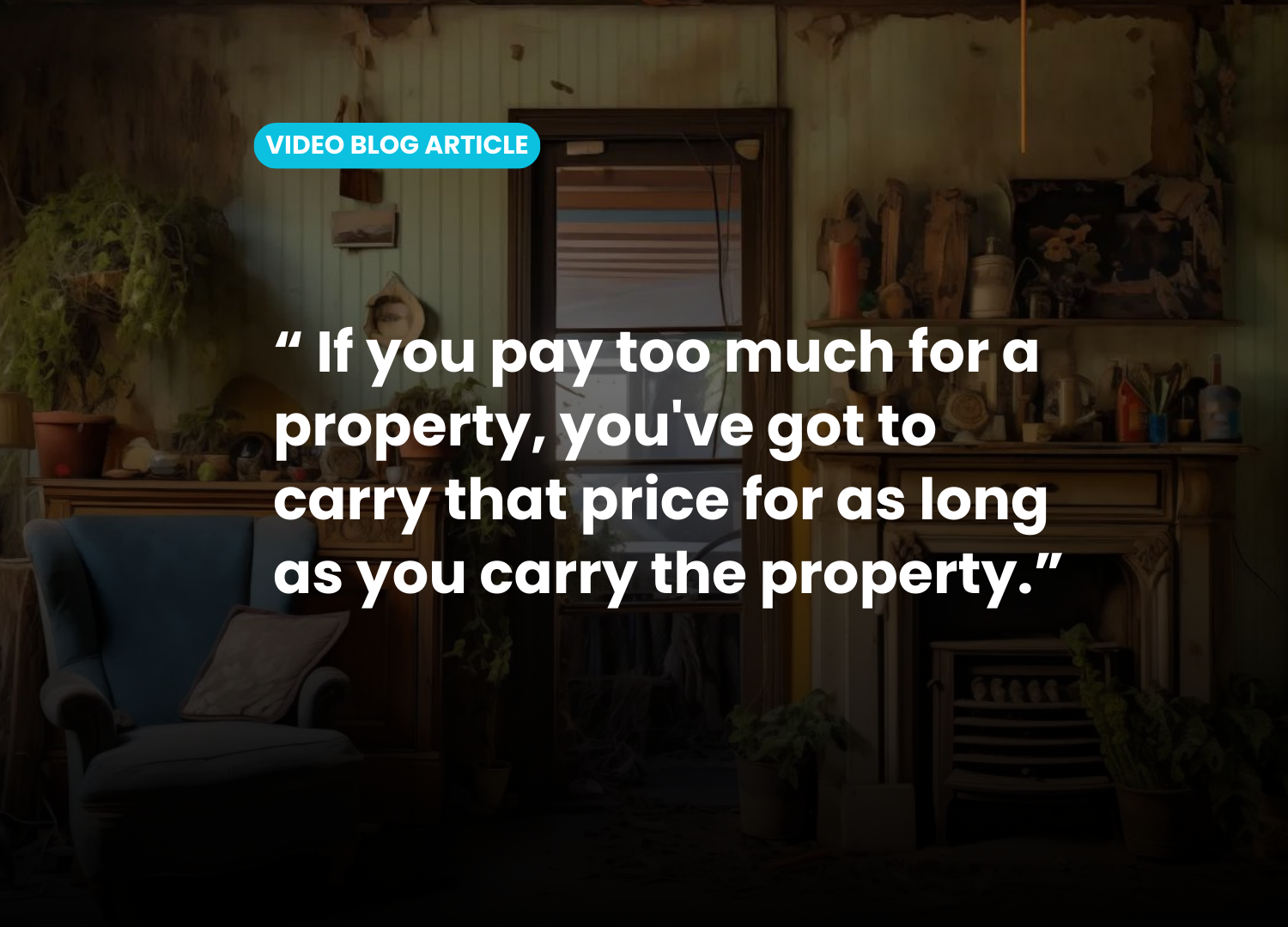High Costs for Low-Quality Homes: Beware of Overpriced Bad Stock

Another effect of bad stock is that it's still fetching high prices. In a normal market with ample supply and demand, the good properties would sell for more and the bad ones for less.
However, currently, due to limitations on properties entering the market, even those that are damaged in some way are still getting high prices.
My advice to first-time buyers, investors, or even second home buyers is to exercise caution, do your due diligence, and not rush. If a property seems expensive and beyond your budget, consider backing off.
Time is an ally in property purchasing; if it doesn't feel right, walk away. Paying too much for a property means carrying that cost for as long as you own it.
Remember, in real estate, money is made on the day you buy, not sell. If you pay too much initially, it could take a long time to recoup your investment, or you might end up selling at a loss.
If you're unsure or it doesn't feel right, it's wise to walk away from such purchases. We've observed that when clients overpay, the bank's valuation often falls short of the purchase price.
This means the client or borrower must pay a higher deposit or borrow less, potentially missing out on the property due to insufficient funds for completion.